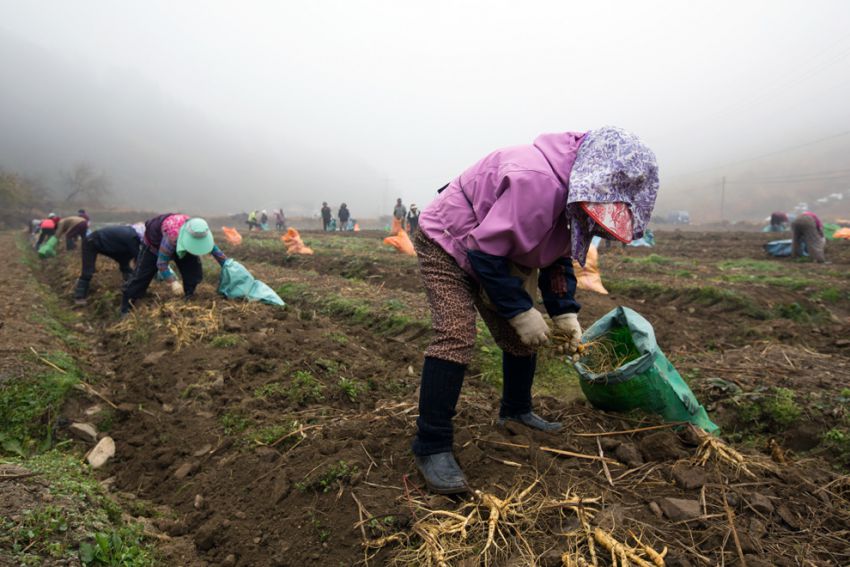Farm goods trade deficit likely to widen on FTAs: report
Yonhap News Agency - 26 January 2020
Farm goods trade deficit likely to widen on FTAs: report
By Kang Yoon-seung
South Korea’s trade deficit in the agricultural segment is expected to widen this year as imports of farm goods are set to expand at a faster pace than exports on the back of the country’s free trade agreement (FTA) networks, a report showed Sunday.
The deficit in South Korea’s trade of agricultural products is expected to expand 5.8 percent on-year in 2020 to reach US$22.3 billion, according to the report released by the Korea Rural Economic Institute (KREI).
Outbound shipments of agricultural products are estimated at US$6.7 billion this year, up 2.2 percent from 2019.
Imports of agricultural goods, however, are also expected to grow at a faster pace of 4.9 percent to $29 billion, according to the report.
The KREI attributed the trade deficit to South Korea’s expanded trade deals, which have led to a sharp increase in imports of agricultural products, especially fresh fruits and vegetables.
Since its first FTA with Chile, which went into effect in 2004, South Korea has been aggressively expanding its trade territory to support its export-oriented segments, such as electronics and automobiles.
Last year alone, South Korea reached an agreement on the Regional Comprehensive Economic Partnership (RCEP) with the Association of Southeast Asian Nations and other dialogue partners.
The FTAs, however, also have led to a higher trade deficit in the agricultural sector for Asia’s No. 4 economy.
South Korea’s imports of agricultural products from FTA partners, including the United States and China, reached $22 billion in the January-September period of 2019, hovering above the annual average of $19 billion posted from 2014 to 2018.
The KREI said South Korea’s imports of vegetables and fruits are especially set to rise 65.7 percent and 1.4 percent in 2020, respectively, this year.
In contrast, its purchases of meat products are anticipated to decrease 7.5 percent on-year amid the outbreak of African swine fever in Asian countries.






